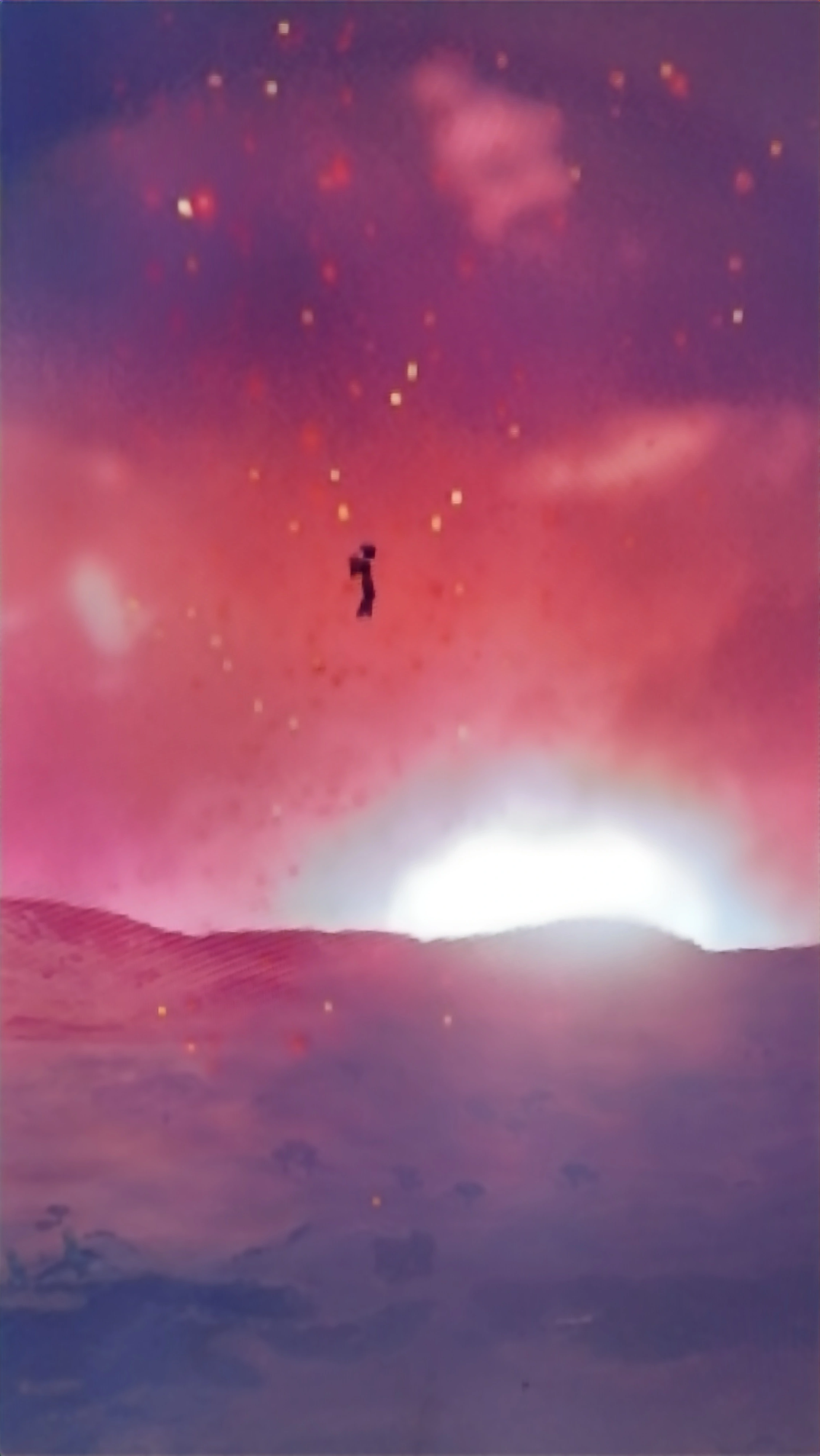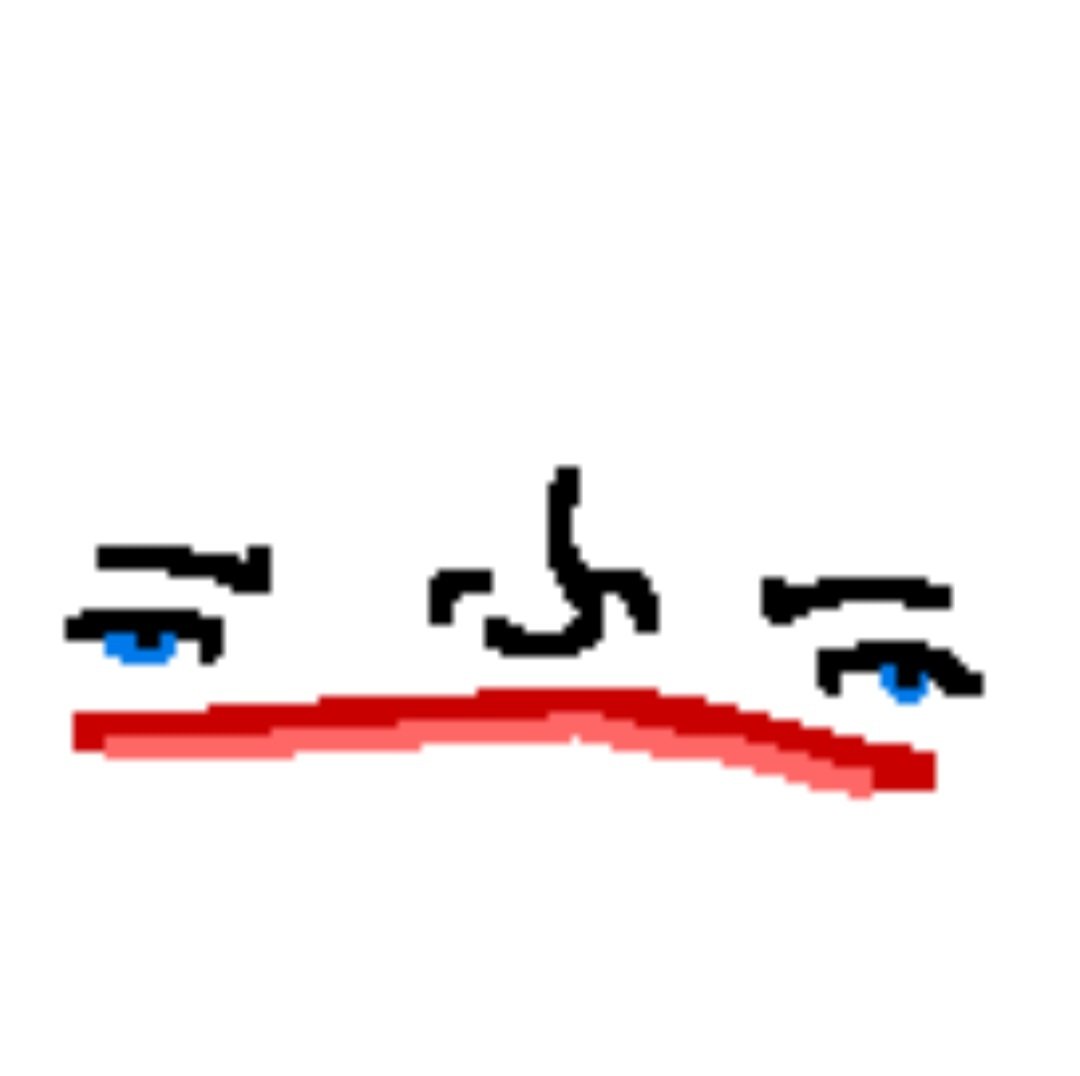- cross-posted to:
- mapporn@lemmy.world
- cross-posted to:
- mapporn@lemmy.world
There’s also they way it’s said in Basque which is 4 x 20 + 12.

Also: the green (at least with English) should be (9 × 10) + 2
Actually in Estonian it’s üheksakümmend kaks. The first being a compound word of nine(üheksa) and ten(kümme) while kaks is just two. So it would be 9+10+2.
That’s exactly how it’s done in English: ninety means 9*10, then you add two. The wrong language in the picture is Russian. Because the Russian word for ninety is an exception and doesn’t follow the same rule as 80, 70, etc.
Well, no, in english ninety means 90. You don’t say nine-ten. Most probably it started off as nine-ten, but by now it is it’s own distict sound as someone else under this post commented.
Ninety is a shortening of “nine ten”. Eighty is a shortening of eight ten. Etc. All English numbers follow the same rule. Russian words don’t follow such rule. Similar shortenings are only for 50, 60, 70 and 80. 20 and 30 are also shortenings in a similar fashion, but slightly different. But words for 40 and 90 are just completely random and don’t follow any rules. The Russian 90 is actually a shortening of “nine hundred”. Just like 900 which sounds similar, lol.
I’m not sure what’s more asinine, the colors chosen for this map, or the
DutchDanish.Edit: worth it for the joke
Perhaps I should preface this by mentioning I’m Danish. Before clicking the link I just read “Dutch Danish” and thought “those poor, poor people”. Imagine our two languages combined.
Something rotten…
Seriously, have trouble enough with numbers anyhow. The French system is far more than my little brain can compute, so I pretend to have learned the language from Belgians.
But who knows, maybe the Danish system would have tipped my infant brain into having a better grasp of some concepts?




